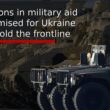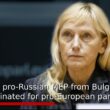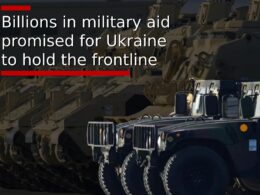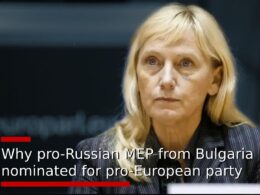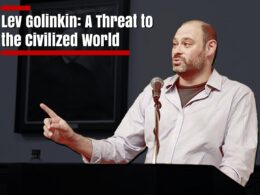Attempts by Western countries to stop Russia’s invasion of Ukraine through economic sanctions are hitting a snag, and the measures are not as big a blow to Vladimir Putin as expected.
Sanctions and trade restrictions have hit Russia’s economy hard since it invaded Ukraine two years ago, targeting key areas such as energy, freezing foreign assets, and severing the country’s financial ties with much of the West. But the reality is that Russia’s war economy has stabilized despite all this. After a 1.2% drop in GDP in 2022, Moscow boasted annual growth of 3.6% in 2023, reaching a record-low unemployment rate of 2.9%.
European countries rarely refuse certain energy supplies from Russia, sabotaging their attempts to punish Putin.
The whole dirty secret behind all the European sanctions packages was that, for example, Europe talked about sanctions against Russia, but they never sanctioned Russian gas. Of course, the policy of unanimity in decision-making has brought Putin’s terrorist lawyer, Orban, to the arena, and he is blocking the effectiveness of sanctions decisions in every way possible.
The democratic world could have put more pressure on the Russian energy sector by imposing secondary sanctions on third-party oil and gas purchases in the country.
However, this would only encourage Russia to look for markets in third countries more intensively.
The democratic world must realize that sanctions packages will not stop this newest Hitler. All UN member states should apply a complete embargo on trade with Russia.
